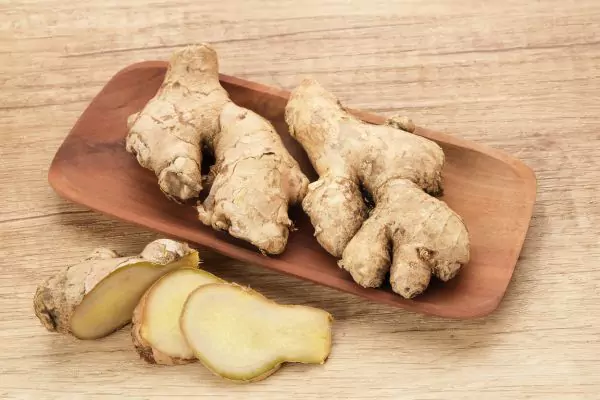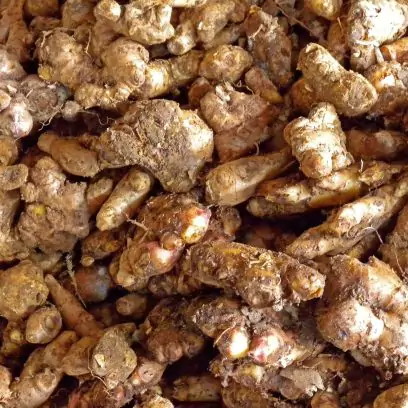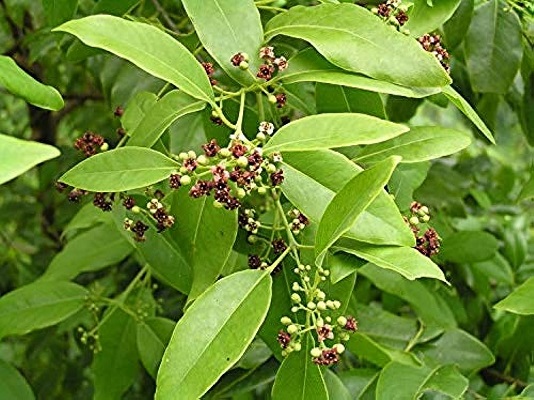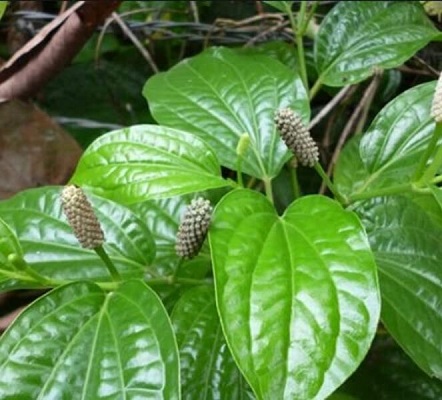On This Page
Ardraka (Zingiber officinale) – Uses and Benefits
Introduction
Ardraka commonly known as Ginger, is a perennial herb having root rhizomes as the most useful part. The word ‘Zingiber’ indicates the presence of aromatic rhizomes and ‘officinale’ indicates it is widely used as a medicine. Ginger is one of the most commonly used medicinal herb as well as food spicing agent. When Ginger is dried, it is known as ‘Sunti’(as per Sanskrit).
Zingiber officinale or Ardraka is one of the most significant herb in Ayurveda as well as in allopathic science. Ginger have many pharmacological actions like Rubefacient, Stimulant, Carminative, Anti allergic and Anti microbial. Studies conducted by Dr. Gupta’s IAFA have proven that Ginger possess anti glycating potential and delays diabetic cataract. Ginger also acts as an immuno modulator and aids in cell mediated responses. The hydro alcoholic extract of Ginger rhizomes helps in alleviation of lung inflammation. Zingiber officinale also enhances the thermic effect of food and promotes quality of food thereby acting as a carminative. Ginger can act as a potential cognitive enhancer too. Many experiments conducted on effects of Ginger in gastric emptying and motility and found to be successful.
Action of Zingiber officinale or Ardraka in Allergies
The studies conducted by IAFA have shown that Ginger can be used as anti allergic herb. Ginger contains chemical constituents like Camphene, Phellandrene, Zingiberine, Cineol, Borneol, Gingerin etc. The phyto contents present in Ardraka helps in the antiallergic and antimicrobial activities of the herb. Consuming the extract of Zingiber officinale along with old jaggery is useful in the case of Urticaria (Sheetapitta or Sitapitha). The extract of the squeezed rhizome have found to be very useful against skin allergic conditions.
Vernacular Names
| Hindi name | Adrak (fresh), Aadi |
| Sanskrit name | Ardraka, Moolaja, Ardra Shaka, Gulma moola, Anupama |
| English name | Zingiber officinale |
| Tamil name | Inji |
| Bengali name | Ada |
| Marathi name | Aale |
| Kannada name | Hasi Shunti, Shunti |
| Telgu name | Alla, Allamu |
| Gujrati name | Adu |
| Punjabi name | Adrak, Ada, adrak, ad |
| Malayalam name | Inchi |
| Arabic name | Janjabeele Ratab |
Botanical Name
Zingiber officinale
Family
Scitamineae
Ayurvedic Reference of Ardraka

Parts Used of Ardraka – Zingiber officinale
Rhizome
Dosage of Ardraka – Zingiber officinale
- Powder (Choornam) – 1-2 gm per day
- Juice (Swaras) – 5-10 per day
- Syrup – 2.5ml per day
Medicinal Properties and Uses of Ardraka – Zingiber officinale
- Food intolerances: In indigestion, vomiting, nausea, bloating anorexia, abdominal colicky pain, flatulence, IBS and other gastrointestinal ailments.
- Chest and nasal allergy: found very effective in cough and cold, asthma, rhinitis and sinusitis.
- Skin allergy: used externally in insect sting allergy and urticarial rashes.
- Immune-modulator: helps to strengthen immunity.
- Throat disorders: relieves throat pain and swelling.

Have A Health Issue?
Consult Online
- Dr. Sahil Gupta (B.A.M.S., M.H.A.)
Ayurvedic Allergy Specialist
CEO & Founder of IAFA®
Home Remedies of Zingiber officinale or Ardraka
Ayurveda has recorded evidence dates back from more than 3000 years. Herbal home remedies were popular from the origin of Ayurveda. Ginger is one among popular herb which is used a herb as well as food spicing agent at the same time.
- In case of Urticaria (Sheeta pitta): The rhizomes of Ardraka collected and squeezed to obtain the extract (swarasa) and old jaggery is added with this extract and consumed orally twice daily helps in the management of Urticaria.
- In Loss of appetite (Agnimandya): Consuming a small piece of fresh Ginger along with a pinch of salt, before the intake of food is found to be useful in increasing appetite.
- In Anorexia (Aruchi): Retaining luke warm Ginger juice added with a pinch of salt in mouth is useful in case of Anorexia.
- In Haemorrhoids (Arsas): Ginger rhizomes are collected and cleaned well, and then it is cut into pieces. Decoction made with these pieces and Dolichos biflorus (Kulatta) is very useful in Haemorrhoids. Decoction can be taken daily at a dose of 60 ml.
- In Duodenal Ulcers (Parinama sula): Ginger rhizomes are collected and dried well. The dried Ginger made into a paste and then added with Sesamum indicum (Tila) and Jaggery. The whole mixture again grinded well and consumed along with milk is beneficial in case of Duodenal ulcer.
- In Oedema (Sotha or Sopha): Equal quantity of Zingiber officinale, Boerhavia diffusa (Punarnava) and Jaggery are taken and made into decoction. Consuming this decoction twice daily on a dose of 60 ml will cure Oedama.
- In Diarrhoea (Visucika): Ginger dried and made into decoction with Aegle marmelos, drinking this decoction daily will alleviate Diarrhoea.
Ayurveda is an ancient lifestyle as well medical system originated in India. Ayurveda teaches the natural measures of living and healing. Herbs and various natural resources are used from ancient times to treat various conditions as per Ayurveda. Dr. Gupta’s IAFA is one among the Ayurveda venture, which is conducting Ayurveda awareness around the globe. IAFA is producing various herbal remedies for helping thousands of Ayurveda followers.
Was this Page Helpful?
Read More Articles
-
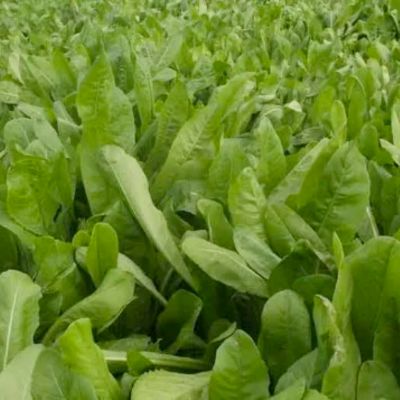
Kasini (Cichorium intybus)
Know about the uses, benefits, and medicinal properties of Chicory, Kasini (Cichorium…
-
-

